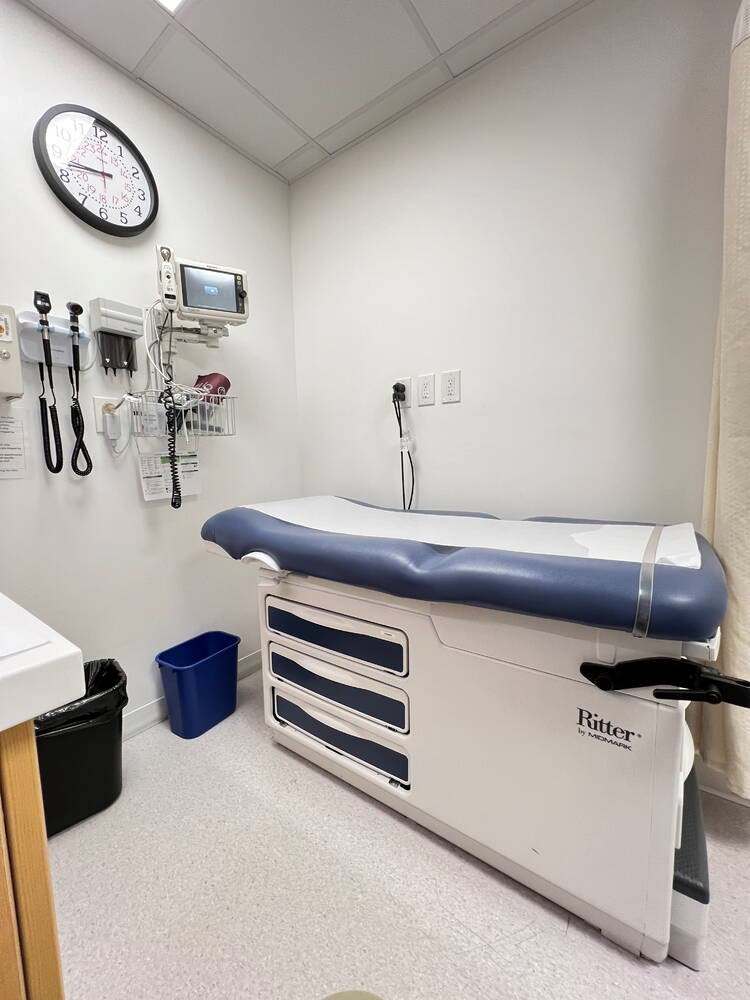As Ottawa rolls out a national pharmacare plan that will cost $10 billion or more, there is a simple step Health Canada could take that would actually save money.
Nutritional supplements are available in Canada, as elsewhere, over the counter (OTC). Their cost is usually minimal.
However, if a pharmaceutical company applies for a patent on one of these drugs and receives it, the company can raise the price as high as it likes.
Two examples. An OTC supplement called Betaine was used for several years to treat certain rare genetic disorders. The monthly cost per patient was $500 or less.
But a foreign drug manufacturer applied to Health Canada for a patent, and got one. The price was then immediately raised to more than $100,000 per year.
Again, hospitals across the country had been formulating eye drops for a rare eye condition that can cause blindness. The drops were made from cheap ingredients readily available, and cost in the region of $500 for a year’s supply.
Here, too, a foreign manufacturer secured a patent on the active ingredient, and raised the price to $320,000.
It might seem the answer in both instances is obvious. In the case of Betaine, specialists should ignore the patented version and prescribe the OTC supplement.
In the case of the eye drops, hospitals should ignore the patented version, and continue manufacturing their own.
Except they can’t. Health Canada regulations prohibit prescribing or manufacturing a non-patented drug if a patented one is available, regardless of cost.
Very well, again the answer seems simple. Health Canada should stop granting patents when cheaper alternatives are already available off-patent.
Except it won’t. Medical specialists have raised this matter repeatedly with Health Canada, and got nowhere.
As things stand, all a pharmaceutical company need do to gain a patent is show that its product is safe and effective. The question of cost is not considered relevant.
Now there are admittedly concerns here. Not all OTC drugs are of sufficient purity or effectiveness to be used in treating serious disorders.
Some quality assurance process is certainly needed.
But the first step to ending this rapacious behaviour is for Heath Canada to demand that applicants for patents prove that the drug is needed and superior to the OTC or hospital-manufactured version.
Had that obvious precaution been in place, neither the Betaine nor the eye drops patent would have been granted.
The European Union is grappling with this issue. There are signs that regulations could be introduced to rein in what it calls “rebranding.”
And the sooner the better, for there are numerous other nutritional supplements that could readily be patented. Thiamine, a B vitamin also used to treat rare genetic disorders, costs pennies. But overnight, if a patent were granted, the price could be raised to $100,000 or more.
Thiamine is also given to millions of 91原创s for other reasons, so a dramatic price increase would have a catastrophic effect.
Why is Health Canada unwilling to make such an obvious change? One reason is that the pharmaceutical industry is famously litigious.
It appears the supplier of the ingredients hospitals were using to manufacture the eye drops might have been threatened with a lawsuit. That can be dealt with. A simple rewording of Health Canada’s regulations would provide a firm basis in law for denying patents to drugs that are no better than OTC alternatives.
The matter is urgent. Drug costs have risen 75 per cent in the past 10 years, faster than spending growth in any other sector of provincial health-care budgets and three times the rate of inflation.
Putting an end to rebranding is one way to slow the runaway train.
>>> To comment on this article, write a letter to the editor: [email protected]



